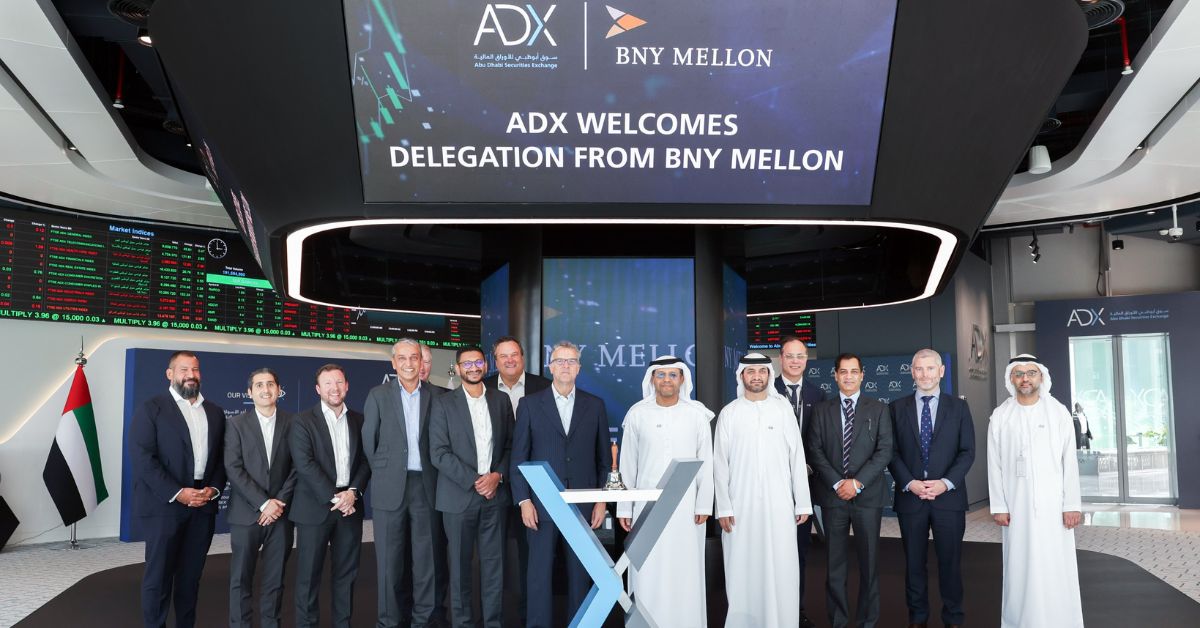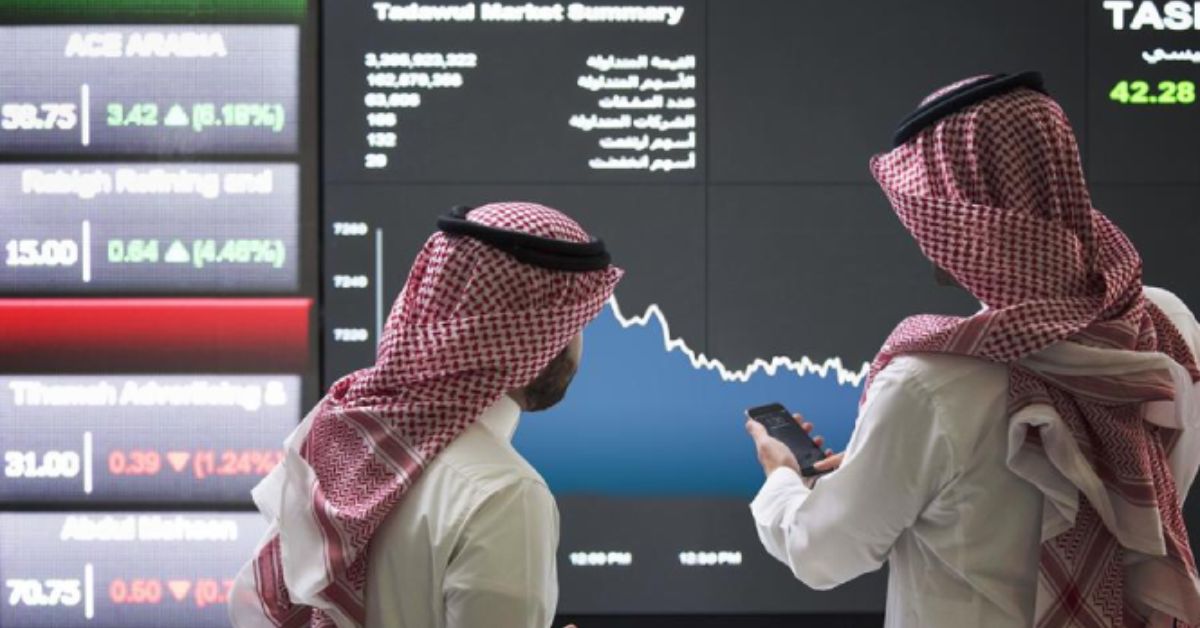DUBAI, UAE — The GCC equity markets have been a focal point for investors, especially with the recent downturns echoing global economic sentiments. September 2023 marked the second consecutive month of decline for these markets, with global concerns playing a significant role. But what’s the deeper story behind these numbers?
Kamco’s latest report sheds light on the performance of major indices, including the MSCI World Index, the S&P 500, and the MSCI GCC index. While the overall picture might seem gloomy, there are pockets of resilience and growth.
For instance, Dubai and Qatari markets managed to swim against the tide, posting gains amidst the downturn. On the other hand, Saudi Arabia’s TASI experienced a notable decline, but how does it fare in the year-to-date performance?

Sector performance also paints an intriguing picture. While most GCC indices saw red, sectors like Real Estate and Energy managed to stay in the green. But what’s driving these trends? And how are individual countries like the UAE, Qatar, and Kuwait navigating these challenging waters?
Furthermore, economic projections for the UAE suggest growth driven by non-oil sectors, emphasizing the role of travel, hospitality, and technological innovations.
Meanwhile, the DFM General Index in Dubai marked its sixth consecutive monthly increase, with Emaar Properties leading the charge.
But that’s just the tip of the iceberg. Dive deeper into the intricacies of the GCC equity markets, understand the forces at play, and get a comprehensive view of where things might be headed.
Get a detailed analysis of the GCC equity market’s performance, click here.








